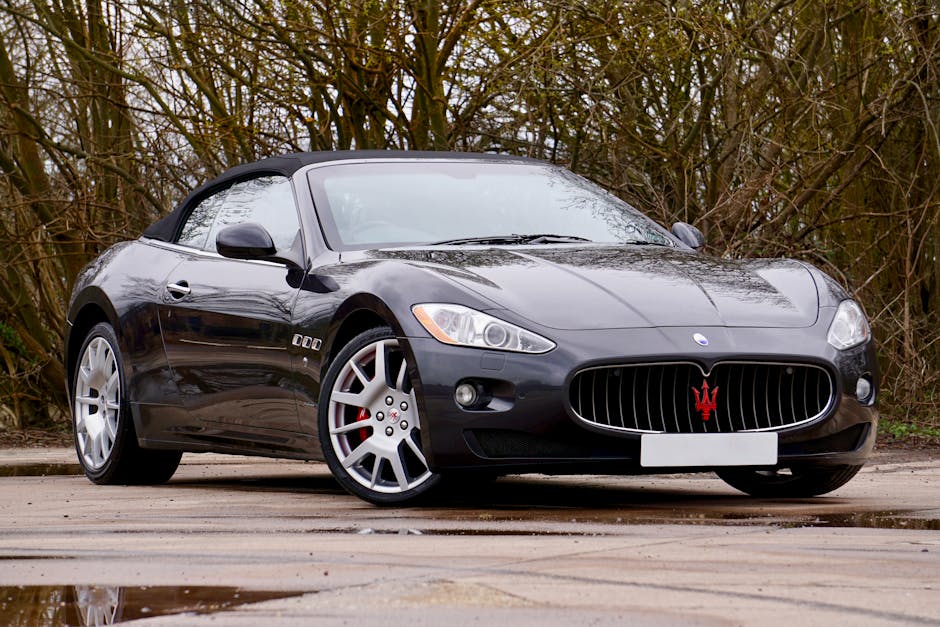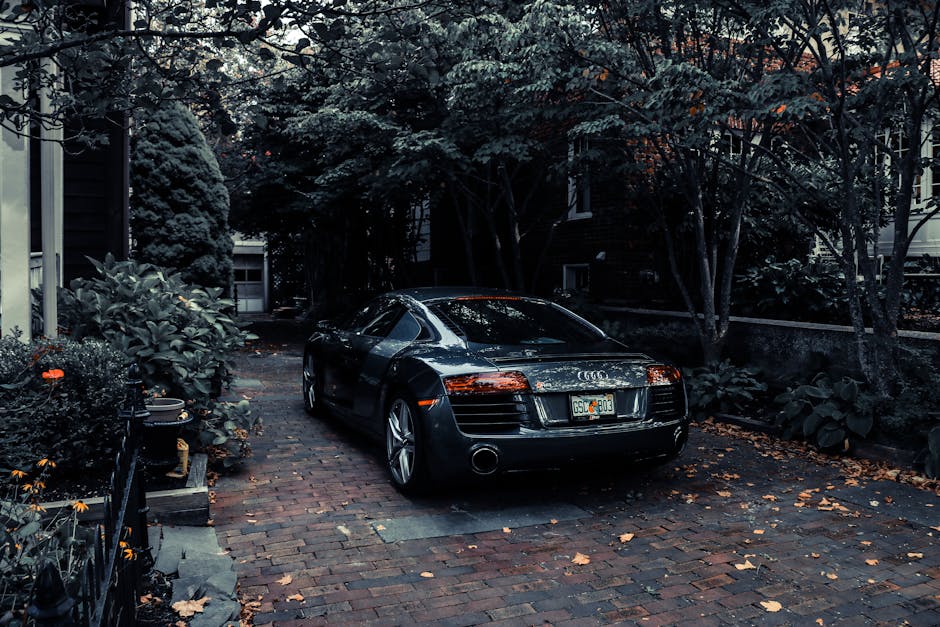Luxury vs. Economy: Which Car Buying Guide is Right for You?
When it comes to buying a car, the decision between a luxury and an economy vehicle can be challenging. Each category offers distinct advantages and caters to different needs and preferences. Whether you're looking for premium features, superior performance, or cost-effectiveness, understanding the key differences between luxury and economy cars will help you make an informed choice.
Price and Initial Investment
The most obvious difference between luxury and economy cars is the price tag. Luxury cars typically come with a higher initial investment due to their premium features, advanced technology, and brand prestige. For example, a base model of the Mercedes-Benz E-Class starts around $54,000, whereas an economy car like the Toyota Corolla starts at approximately $20,000.
Here are some key points to consider regarding price:
- Luxury Cars: Higher initial purchase price, often ranging from $40,000 to over $100,000.
- Economy Cars: More affordable options, usually between $15,000 and $30,000.
The initial cost isn't the only financial consideration. Maintenance and repair costs for luxury cars tend to be higher due to specialized parts and service requirements. Economy cars generally have lower maintenance costs and better fuel efficiency, which translates into long-term savings.
Features and Technology
Luxury cars are renowned for their cutting-edge technology and premium features. These vehicles often include advanced safety systems, high-quality interior materials, superior sound systems, and more. Brands like BMW and Audi offer features such as adaptive cruise control, lane-keeping assist, and customizable ambient lighting.
On the other hand, economy cars focus on practicality and efficiency. While they may lack some of the high-end features found in luxury vehicles, modern economy cars still offer essential technology like Bluetooth connectivity, rearview cameras, and infotainment systems. The Honda Civic, for instance, includes many standard tech features that provide excellent value for its price point.
Performance and Driving Experience
The driving experience is another area where luxury and economy cars diverge significantly. Luxury vehicles often feature powerful engines, refined suspension systems, and advanced handling capabilities that provide a smoother and more enjoyable ride. The Lexus LS 500, for example, boasts a twin-turbo V6 engine that delivers exceptional performance.


Economy cars prioritize fuel efficiency and ease of use. While they may not match the performance levels of luxury vehicles, many modern economy cars offer a comfortable driving experience with adequate power for everyday use. The Toyota Prius is well-known for its impressive fuel efficiency and practicality.
Resale Value and Depreciation
Resale value is an important consideration when purchasing any vehicle. Luxury cars tend to depreciate faster than economy cars due to their higher initial cost. However, certain luxury brands like Porsche or Lexus often retain their value better than others.
A table comparing depreciation rates can provide a clearer picture:
| Car Type | Average Depreciation After 5 Years |
|---|---|
| Luxury Cars (e.g., BMW 5 Series) | 50-60% |
| Economy Cars (e.g., Honda Civic) | 30-40% |
Economy cars generally have slower depreciation rates due to their lower initial cost and broader market appeal. This makes them a more financially sound choice if resale value is a priority.
Personal Preferences and Lifestyle
Your personal preferences and lifestyle play a crucial role in determining whether a luxury or economy car is right for you. If you prioritize comfort, brand prestige, and advanced features, a luxury car might be worth the investment. Conversely, if practicality, cost-efficiency, and reliability are more important to you, an economy car would be a better fit.
Consider these factors when making your decision:
- Lifestyle Needs: Do you need a car for daily commuting or occasional long trips?
- Budget: How much are you willing to spend initially and on ongoing maintenance?
- Brand Preference: Are you loyal to certain car brands or open to exploring different options?
A careful evaluation of your needs will help you choose the right type of car that aligns with your preferences.
The choice between luxury and economy cars ultimately depends on various factors such as budget, desired features, driving experience, resale value, and personal lifestyle. Luxury cars offer advanced technology and premium comfort but come with higher costs. Economy cars provide practicality and cost-efficiency but might lack some high-end features. Assessing these elements will guide you in selecting the vehicle that best suits your needs.